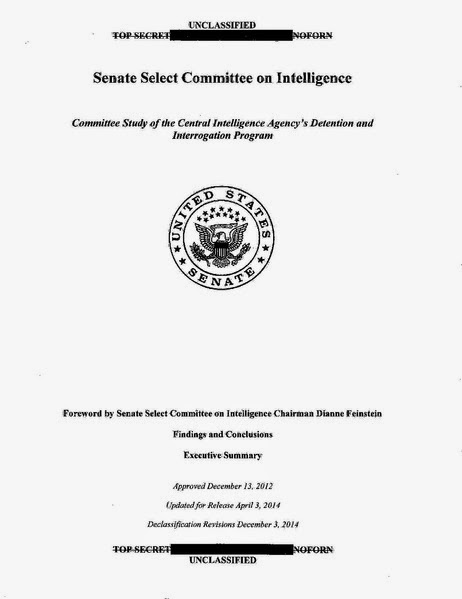When we, as Jews, pray, we like to identify ourselves to God. In part, perhaps, it is our way of saying to God, "Hineini," "Here I am - me, (insert name here) - ready to be in relationship with you!" But in part,
it is also an opportunity to link ourselves back to previous generations of ancestors who we KNOW that God liked. So, by association, we are hoping that God will like us too. That may sound funny, but it's the truth. We begin the Amidah, arguably our most important prayer, by stating, "... our God, and God of our ancestors; God of Abraham, God of Isaac, and God of Jacob (and in many Conservative synagogues, including ours, we also add our matriarchs, Sarah, Rebecca, Rachel, and Leah)." Other prayers refer to Moses, Aaron, and Miriam, yet others refer to King David, King Solomon, and Samuel. Basically, we're saying, "If you liked them (and heard their prayers), I hope you'll like me too (and hear MY prayers), because I'm related to them." And we know who our ancestors are, right? I mean, the Torah is pretty clear. Now, the Torah is ALSO quite clear about who our ancestors are NOT. And yet, it tells their story as well. Take, for instance, Joseph.
You and I, we are not related (by direct line anyway) to Joseph. His two sons were Ephraim and Menashe. Both became tribes in the Northern Kingdom of Israel, which was eventually defeated by the Assyrians. Everyone was dragged into slavery, and Ephraim and Menashe became two of the much-lamented
Ten Lost Tribes. The rest of us - basically the over, overwhelming majority of modern-day Jews - are either descended from the tribe of Judah (merged with Benjamin and possibly Simeon) or the tribe of Levi (if you're a Kohen or a Levite). So that's a VERY brief history of tribal affiliation within Judaism, all meant to lead me to this point: The last 14 chapters of Genesis deal primarily with the story of Joseph. His is essentially the culminating story of the entire first book of the Torah, and he therefore appears to be the book's ultimate protagonist; 14 of 50 chapters deal with his story, more than a quarter of the book! And... he is not our ancestor.
I say this because our Torah reading this week, being the 2nd triennial cycle, is a brief break in the narrative of Joseph. We've been introduced to him, the plot has begun to heat up, we're enthralled... and right then the author detours. We spend an entire chapter on the story of Judah
and his (sort of) daughter-in-law, Tamar, before eventually returning to the epic of Joseph. When you look at the flow of Genesis, B'reisheet, it feels like this Judah-story is indeed a deviation, a side-step. It's a literary technique to heighten the drama of Joseph, while the story of Judah itself is inconsequential. But it isn't really at all! Judah IS our ancestor!! He's the guy we should be focusing on. Moreover, this story adds a truly essential puzzle piece in our history, because it explains the birth of Peretz, who is the progenitor of King David! I mean, honestly, how could THIS story be inconsequential?!? (And if you'd like to learn more about this fascinating little tale, please join us on Saturday morning, Dec. 13th, at 10:00 a.m. for an in-depth discussion on Judah and Tamar over bagels and lox!)
It is striking to see how the Torah can focus on Joseph over Judah. This book was eventually held in the sole possession of Judah's descendants, in the Southern Kingdom, and they could easily have rewritten the plot to emphasize Judah and demote Joseph. But they didn't. Because we don't only tell our own story. We give
voice to Hagar, Esau, and Bilaam, all characters who are NOT directly in our ancestral line. They are sympathetic even; sometimes more so than our actual heroes! We hear them out, we add their history to ours. Today, we often struggle to do this. We like to hear voices that agree with us, that share our viewpoint. Why listen if we disagree? Why incorporate a perspective that differs, even clashes, with mine? But often, we must. Because their outlook will expand ours; their objections will force us out of our small box and actually make our own arguments more cogent, nuanced, and honest. To merit the legacy of our ancestors, to be able to truly say to God, "Here I am; hear my prayers!", we need to include Joseph's story in ours. Then God will hear us praying, and maybe we'll even hear ourselves better as well.
Photos in this blog post:
1. Image of the Hebrew word "Hineini," meaning "Here I Am."
2. CC image courtesy of Fraxinus Croat on Wikimedia Commons
3. CC image courtesy of ReubenGBrewer on Wikimedia Commons
4. CC image courtesy of Mehmetaergun on Wikimedia Commons




No comments:
Post a Comment